It’s not always easy for students to follow what their professors are saying, because experts not only speak their own language but think differently too. A look at expertise research reveals why that is and how the gap can be minimised.
This problem might be one you are familiar with: in a lecture or seminar, you explain a “simple” theory and put a great deal of effort into presenting and processing the information. But at the end of the day, the students have only understood half of it. At first glance, both sides have a plausible explanation for this situation: from the students’ point of view, the lecturer isn’t particularly good at explaining. From the lecturer’s point of view, the students simply don’t have enough previous knowledge to be able to understand everything. A look at expertise research provides a differentiated explanation for this phenomenon, however.
Expertise research examines the differences between experts and beginners (or “novices”). One of the findings of this research was ground-breaking: a novice is not a little experts (Kirschner & Hendrick, 2020, p.4) who simply doesn’t (yet) know enough about a field. Apart from the scope of their specialist knowledge, experts and novices also differ in many other core aspects (see Feltovich, Prietula & Ericsson, 2018 for an overview). At least three of these are relevant to all domains: (1) how experts perceive problems in their field differs from how novices do; (2) experts can recognise certain patterns quickly; and (3) they apply carefully considered strategies to solve domain-specific problems.
How experts perceive problems in their domain differs from how novices do
Early studies by Chi, Feltovic & Glaser (1981) have already shown that experts see problems differently from novices. The authors asked new Physics students (novices) and advanced PhD students (experts) to sort and categorise selected problems arising from basic principles of physics. The novices tended to sort the different tasks based on the information they had received (e.g. tasks involving objects on an incline). Experts, on the other hand, categorised the tasks based on the underlying physical principles (e.g. tasks concerning the law of conservation of energy).
Experts recognise patterns and constellations in their field quickly
One of the most robust findings from expertise research is the superior ability of experts to remember patternlike constellations from their field (Gruber, 1999). Thus, master chess players, for example, are able to reconstruct chess positions from memory even if they were only able to see these briefly. However, this phenomenon only occurs where the constellation of pieces appears in standard games of chess and is not a result of random constellations. The same applies to the recognition of patterns in other domains, such as case descriptions in consultations or diagnostic patterns in medicine (Boshuizen, Gruber & Strasser, 2020).
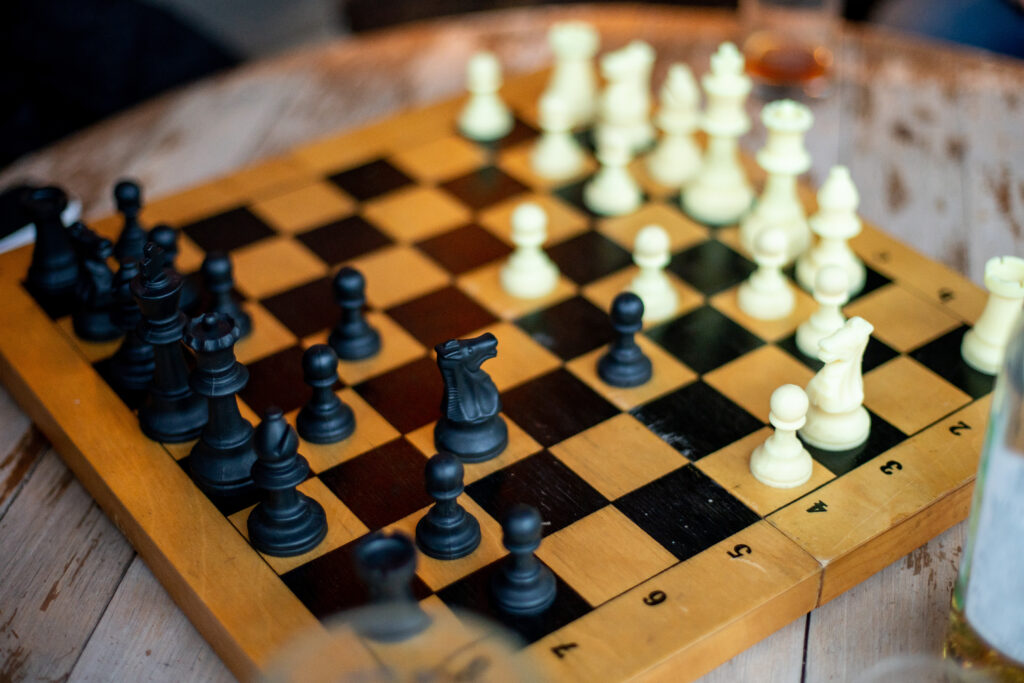
Experts apply effective problem-solving strategies
Experts’ knowledge base is closely connected to their effective strategies for solving domain-specific problems. While novices have to rely on general heuristics when solving problems, experts are equipped with problem-solving strategies that are highly effective and specific to the domain. We know from studies on problem-solving in different domains that novices use an approach with a backwards focus (Norman et al, 2018), whereby they first generate hypotheses with regard to a possible solution to the problem and then test these based on the facts. In the field of medicine, for example, novices form initial hypotheses or possible diagnoses based on a few indications such as complaints expressed by the patient or the way the patient looks. Derived from these hypotheses, further results are gathered with a backwards focus over the course of the examination and the suspected diagnosis is evaluated based on the new results. Experts, on the other hand, solve problems in a way that has a forwards focus: due to their extensive previous knowledge, they first collect enough facts and then find a logical solution to the problem very quickly.
Experts’ specialist knowledge is not only quantitatively superior but also qualitatively so
The reason for these differences is that experts’ specialist knowledge is not only quantitatively greater but is also organised differently from that of novices with respect to quality (Feltovich et al., 2018). Novices’ knowledge of facts is isolated and not connected up. Experts, on the other hand, have organised their knowledge into cognitive schemata.
These schemata contain significant units rather than individual bits of information. These units bundle and consolidate knowledge about situations, concepts, facts, events and/or actions. When dealing with different problems and situations specific to their domain, experts identify and indicate common elements of numerous events. As their expertise grows, this experience becomes abstracted and generalised. Schemata thus reflect the patterns and experiences to which a person is exposed. One everyday example of this is a schema regarding a visit to a restaurant. Adults have an idea of what it looks like in a restaurant without necessarily having to think of one specific restaurant in the process. At the same time, we have a generalised idea of what to do in a restaurant and how to behave in one. This means that we can easily recognise a restaurant and be in one without having to specifically and systematically retrieve all the information and rules we know in that regard.
What is crucial for the construction of these kinds of expert schemata is for us to deliberately deal with authentic and complex cases from our own domain (Boshuizen, Gruber & Strasser, 2020).
What does that mean in educational practice?
Lecturers should be aware that other experts can quickly and very easily understand their method of analysing and solving field-specific problems. Students, on the other hand – when they have only just begun their studies at least – cannot (yet) follow this approach due to the lack of schemata. It is therefore especially important for experts not to simply use their own way of thinking when explaining contents. Instead, they should explicitly clarify the terms and concepts underlying every step in the thought process, including – and particularly – where correlations seem “self-evident”.
At the same time, students should be given sufficient opportunity to construct schemata when dealing with case examples. Learning with worked examples has proven particularly effective with novices in this regard (Renkl, 2021): here, a theoretical concept is explained first. In step two, the students are presented with many different kinds of worked examples. These consist of a case vignette and a suggested solution that explains how to arrive at the solution step by step. Here, the steps taken in the thought process and when and why they are taken are described explicitly. In step three, the students are given the possibility to solve problems on their own.
Regardless of any instructional support, it is also helpful if students apply learning with worked examples as a learning strategy themselves. That way they can develop the construction of their own expert schemata independently. The following video from the University of Hampshire demonstrates how this works and what you need to pay attention to in the process.
References
Boshuizen, H.P.A, Gruber, H. & Strasser, J. (2020). Knowledge restructuring through case processing: The key to generalise expertise development theory across domains?, Educational Research Review, 29. https://doi.org/10.1016/j.edurev.2020.100310.
Chi, M. T. H., Feltovich, P. J., & Glaser, R. (1981). Categorization and representation of physics problems by experts and novices. Cognitive Science, 5(2), 121–152. https://doi.org/10.1207/s15516709cog0502_2
Feltovich, P. J., Prietula, M. J., & Ericsson, K. A. (2018). Studies of expertise from psychological perspectives: Historical foundations and recurrent themes. In K. A. Ericsson, R. R. Hoffman, A. Kozbelt, & A. M. Williams (Eds.), The Cambridge handbook of expertise and expert performance (pp. 59–83). Cambridge University Press. https://doi.org/10.1017/9781316480748.006
Gruber, H. (1999). Erfahrung als Grundlage kompetenten Handelns. Huber.
Kirschner, P. A., & Hendrick, C. (2020). How learning happens: Seminal works in educational psychology and what they mean in practice. Routledge.
Norman, G., Grierson, L., Sehrbing, J., Hamstra, S., Schmidt, H. & Mamede, S. (2018). Expertise in Medicine and Surgery. In K. A. Ericsson, R. R. Hoffman, A. Kozbelt, & A. M. Williams (Eds.), The Cambridge handbook of expertise and expert performance (pp. 331–355). Cambridge University Press. https://doi.org/10.1017/9781316480748.006
Renkl, A. (2021). The Worked Example Principle in Multimedia Learning. In R. Mayer & L. Fiorella (Eds.), The Cambridge Handbook of Multimedia Learning (Cambridge Handbooks in Psychology, pp. 231-240). Cambridge: Cambridge University Press. doi:10.1017/9781108894333.023
Suggestion for citation of this blog post: Hawelka, B. (2023, February 9). Beginners are not little experts. Lehrblick – ZHW Uni Regensburg. https://doi.org/10.5283/ZHW.20230209.EN
Our authors introduce themselves:
















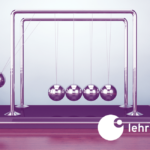



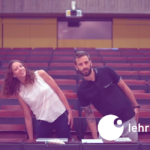








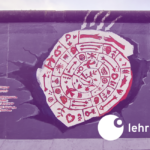









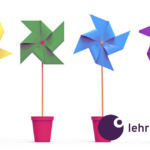






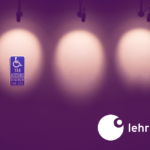


















No Comments